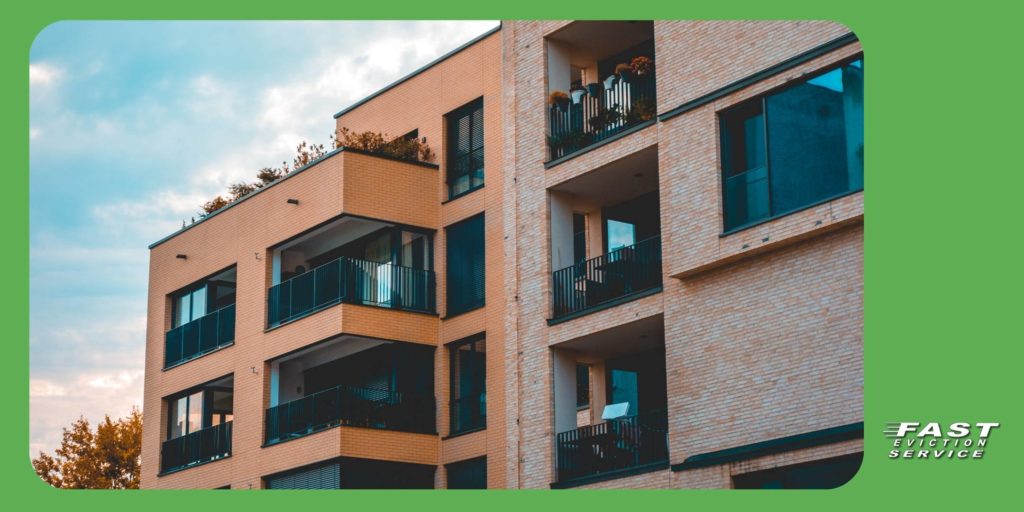There are many great reasons to become real estate investors. It gives you the opportunity to earn passive income. It builds a path to future wealth. It also offers an opportunity to independence from the typical day to day work week.

Obtaining all three of these as a real estate investor takes time and a lot of hard work. It’s important to learn the ins and outs of becoming a savvy investor and this is becoming easier and easier as more knowledge and experience finds its way on the internet.
Doing diligent research for your next investment opportunity is critical so that your bottom dollar makes sense. Is it worth it? Do I know what I’m getting myself into by purchasing this property? Will I make money? When? These answers should be answered during the process of analyzing investment property.
How to Analyze Investment Property
All investment properties will have costs associated with operating it. Here is a list of typical operating costs for rental property.
- Taxes
- Vacancy reserves
- Insurance
- Typical monthly maintenance
- Property manager fees (if going this route)
Seasons investors use the following equation to figuring out a property’s real cash flow opportunity every month:
Monthly Rent – Operating Costs(50%) – Mortgage Payment = Cash Flow
Let’s say, we have a rental home where the monthly rent is $1,500. You can estimate that 50% of that should be tucked away to cover insurance, taxes, vacancy reserves, maintenance and other unexpected major expenses the property may have. That leaves us with $750. Let’s say your mortgage payment is $600. You are left with $150 of real cash flow for that rental property.
As you use the equation mentioned above to quickly analyze properties, you’ll start learning how to spot opportunities, or neighborhoods where you can charge a bit more above market value by offering certain amenities. You can accomplish this by researching how much average rent is in a certain area and seek properties that are above market average. Figure out what sets them apart from others and you can start building your own criteria to see if it’s worth investing in these upgrades.
You should always take the time to dig further into any property that looks interesting or if it looks promising before making an offer on your next big investment.
Additional items to research for each potential rental property.
- What’s the average vacancy rate and length? This will help you analyze how much of the monthly rent you should set aside for your vacancy reserve.
- How much is the average property tax per year?
- How much is the insurance?
- Has there been any major maintenance issues on the property recently?
Finding the right investment opportunity takes time. Most properties you analyze won’t make sense and it’s not necessarily a bad thing. If the numbers barely break even or it has negative cash flow numbers, you may want to move on to analyze the next option.
